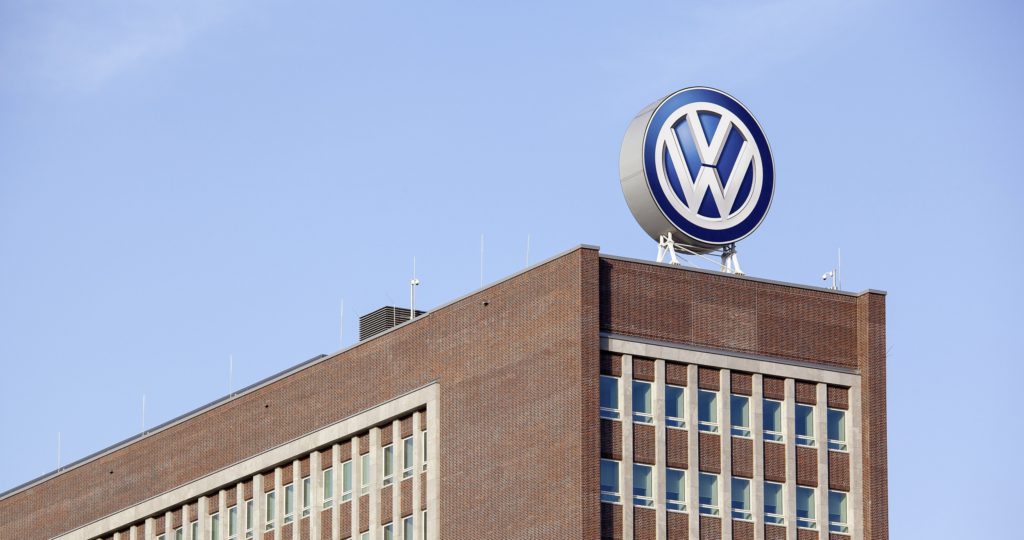UK High Court rules VW did install ‘defeat devices’
07 April 2020

7 April 2020
The UK High Court has found that emissions-testing software installed in Volkswagen Group’s (VW’s) vehicles did constitute unlawful ′defeat devices’ under EU rules. This is the court’s first major Dieselgate ruling, which follows a preliminary hearing in December 2019.
Litigation in England and Wales began in 2016 and has amassed some 91,000 claimants seeking compensation from VW, Audi, Seat and Skoda. The case centres on claims that manufacturers ′cheated’ on European emission standards and misled consumers. While VW has been fined for this practice in the US, it has maintained that it has done nothing wrong in the European market.
By fitting ′defeat devices’, vehicles were able to detect and activate the complete emissions control system when testing was taking place. Under normal driving conditions, these devices were deactivated, allowing the vehicles to emit up to 40 times the legal limit of nitrogen dioxide.
Judge’s ruling
Mr Justice Waksman delivered his judgment remotely yesterday morning (6 April) that the software did constitute a ′defeat device’. He called some of VW’s defences that the vehicles did not utilise such devices ′hopeless’, ′highly flawed’ and ′completely irrelevant’.
′Having therefore dismissed all of the Defendants’ Arguments, it must follow that the software function in issue in this case is indeed a defeat device because it falls within Article 3′, the Justice ruled.
Under article 3 (10) of EU Parliament and Council Regulation 715/2007 (20 June 2007), a defeat device is: ′any element of design which senses temperature, vehicles speed, engine speed (RPM), transmission gear, manifold vacuum or any other parameter for the purpose of activating, modulating, delaying or deactivating the operation of any part of the emission control system, that reduces the effectiveness of the emission control system under conditions which may reasonably be expected to be encountered in normal vehicle operation and use.’
The judge pointed out that he was ′far from alone’ in his conclusions. ′The KBA, along with numerous courts and other bodies in various other jurisdictions, agree that the software function here is a defeat device,’ he explained, before going on to say that these other rulings didn’t sway his final verdict. ′While I take comfort from that fact, I make it clear that there is no need to resort to it because in my judgment the answer is so plain in any event.’
′Does not determine liability’
In a statement, VW outlined its disappointment with the decision and said that it was considering the grounds on which it may seek to appeal. The carmaker described the ruling as relating only to ′preliminary issues.’
′To be clear, today’s decision does not determine liability or any issues of causation or loss for any of the causes of action claimed. These remain to be determined by the Court as the case continues,’ a spokesperson for the carmaker said.
′Volkswagen remains confident in our case that we are not liable to the claimants as alleged and the claimants did not suffer any loss. We will continue to defend our position robustly. Nothing in this decision today changes this. We look forward to making progress with defending the remainder of the case.’
Around the world
In February this year, VW reached a settlement of €830 million for German drivers. In January, six VW managers were charged with ′deliberately misleading’ authorities and customers in the time before the diesel scandal broke. In 2018 the carmaker was fined €1.2 billion by German prosecutors.
Last year a Prague council granted Czech drivers of Skoda and Volkswagen vehicles compensation equivalent to €20.8 million in relation to Dieselgate. VW paid €27 billion in fines in the US, where it was found guilty of cheating on emissions testing.